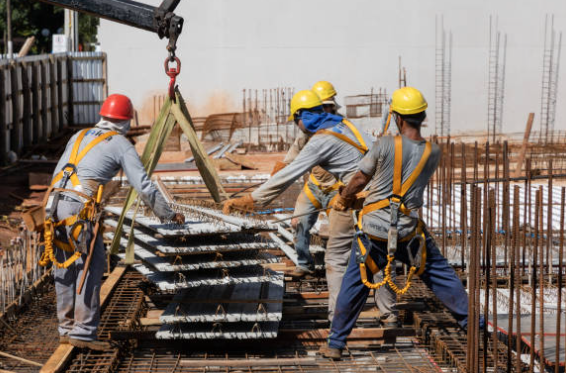
Posted on Saturday, September 28, 2024
Brazilian building codes play a critical role in shaping the design and performance of metal fabrication, particularly in the production of roll-formed products used in construction. The country’s national regulations, governed primarily by ABNT (Associação Brasileira de Normas Técnicas), set the standards for safety, durability, and structural integrity in building materials. In this article, we’ll explore the key building codes that impact metal fabrication in Brazil and how they influence the design and production of roll-formed metal components.
These building codes significantly influence the design, performance, and material selection for roll-formed metal products. Compliance with these regulations ensures that metal components are structurally sound, corrosion-resistant, and capable of withstanding Brazil’s diverse environmental conditions, from tropical humidity to high-altitude winds.
Brazil’s national building codes have a profound influence on the metal fabrication industry, particularly when it comes to roll-formed products. Manufacturers must carefully design their products to meet ABNT standards, ensuring that metal components are not only durable and structurally sound but also capable of withstanding the country’s environmental challenges. Adherence to these codes is not only necessary for regulatory compliance but also for ensuring the safety and longevity of the buildings and infrastructure projects that rely on roll-formed metal components.

Used Purlin Roll Forming Machines for Sale Worldwide
Posted on Sunday, January 25, 2026
Pre-Owned Roll Forming Machines for Purlin & Structural Steel Profiles

Used Roof Panel Roll Forming Machines for Sale Worldwide
Posted on Sunday, January 25, 2026
Pre-Owned Roll Forming Machines for Roofing Panel Production

Used Roll Forming Machines for Sale Worldwide
Posted on Tuesday, January 20, 2026
Pre-Owned Roll Forming Machines with Inspection, Verification & Global Support

Steel Coil Supply for Roll Forming Machines Worldwide
Posted on Tuesday, January 20, 2026
Reliable Steel Coil Supply for Roll Forming, Fabrication & Manufacturing Applications
Copyright 2026 © Machine Matcher.